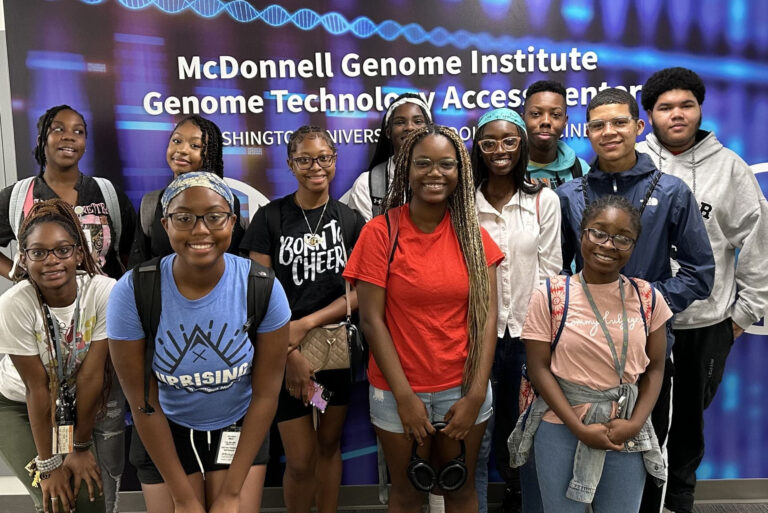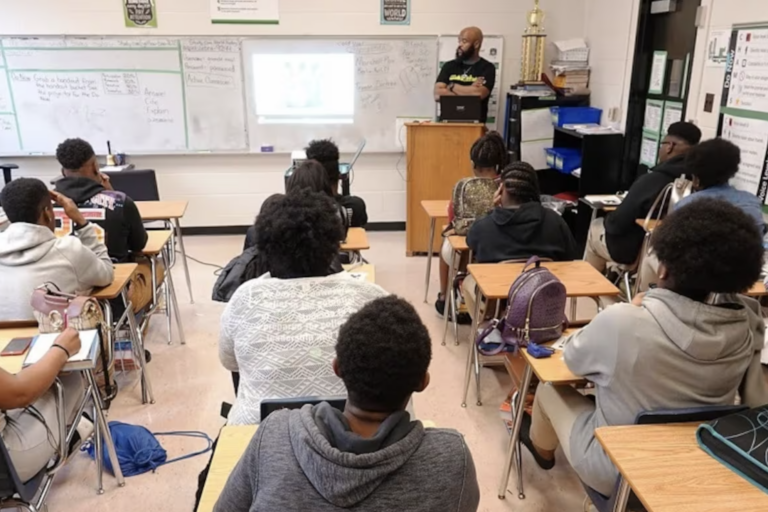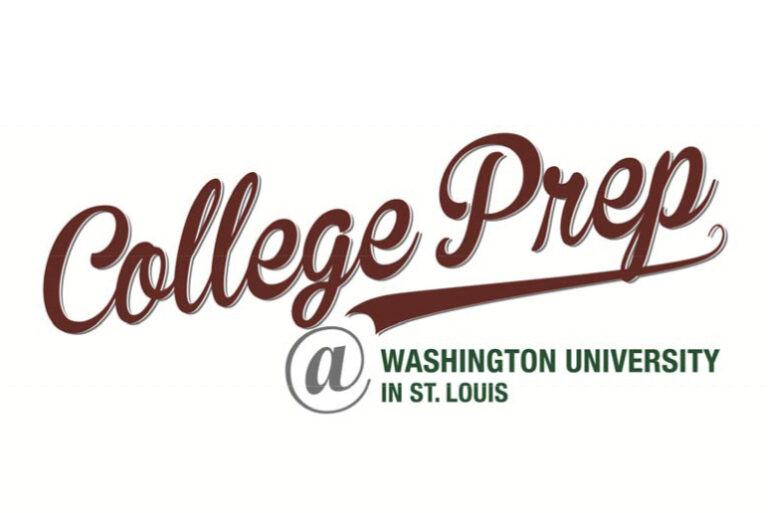Science Education Partnership Award (SEPA)
The Science Education Partnership Award (SEPA) program at WashU Medicine provides funding for pre-K through 12 grade projects to increase student involvement in STEM fields.
AFAS Summer Institute for High School Teachers
This eight day Summer Institute at WashU is for St. Louis metropolitan region high school teachers who either incorporate aspects of Black culture, history, and literature in their courses or teach at a school that offers or plans to offer the AP/African American Studies course. The Institute centers St. Louis as the focal point for various themes and topics related to African & African American Studies.
College Prep Program
The CPP is a free, three-year immersive learning experiences that serves to successfully prepare first-generation high school students for college life. This program provides year-round academic and enrichment support offering a Summer Academy experience that includes college preparation workshops, undergraduate coursework for credit, and activities centered on personal awareness and growth.


